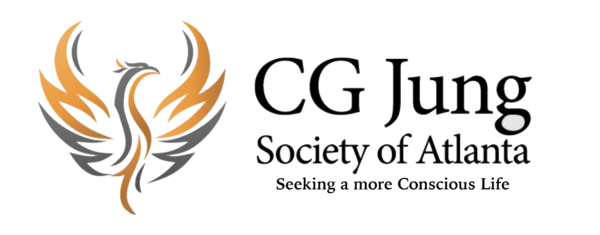James Hollis invites us to read a poem written by a good friend of his, Stephen Dunn. Stephen was an American poet and educator who authored twenty-one collections of poetry. He won the Pulitzer Prize for Poetry for his 2001 collection, Different Hours, and received an Academy Award in Literature from the American Academy of Arts and Letters. Stephen was a close friend of Hollis’ for half a century. He died on his 82nd birthday in June.
John and Mary
John and Mary had never met. They were like two humming birds who also had never met.
— From a Freshman’s Short Story
They were like gazelles who occupied different grassy plains,
running in different directions, from different lions.
They were like postal clerks, in different zip codes,
with different vacation time,
their bosses adamant and clock-driven.
How could they be together?
They were like two people who couldn’t get together.
John was a Sufi with a love of the dervish,
Mary of course was a Christian with a curfew.
They were like two dolphins in the immensity
of the Atlantic, one playful,
the other stuck in a tuna net —
two absolutely different childhoods!
There was simply no hope for them.
They would never speak in person.
When they ran across that windswept field
toward each other, they were like two frightened trains,
one having left Seattle at 6:36 p.m.
at an unknown speed, the other delayed
in Topeka for repairs.
The math indicated that they’d embrace
in another world, if at all, like parallel lines.
Or merely appear kindred and close, like stars.
We lost another giant of a poet this month: Robert Bly, dead at 94. Robert Bly is well known to many of us Jungians, for his poetry (He wrote 50 books of poetry), his unique way of reading each line, sometimes twice (accompanied by a sitar in the background), his exploration of the deeper meanings of fairy tales in uncovering the roots of gender roles. Bill Moyers said of Bly that he “changed the way poetry is read and heard in the US.” His book, Iron John, gave rise to the Men’s Movement in the 1990s, an opportunity for men to gather in circles, participate in drumming, ritual, and to share personal stories, with the goal of fathering one another and themselves. Bly traveled the country with James Hillman, Michael Mead, and other Jungian notables, reaching multiples of men in such life-altering situations. Besides his own poetry, Bly translated poetry from other countries, introducing new avenues of culture and art here. One of his last poems, “Keeping Our Small Boat Afloat,” captured his feelings about growing older, nearing the end, and his recurring theme of forgiveness.
Keeping Our Small Boat Afloat
So many blessings have been given to us
during the first distribution of light, that we are
admired in a thousand galaxies for our grief.
Don’t expect us to appreciate creation or to
avoid mistakes. Each of us is a latecomer
to the earth, picking up wood for the fire.
Every night another beam of light slips out
from the oyster’s closed eye. So don’t give up hope
that the door of mercy may still be open.
It’s hard to grasp how much generosity
is involved in letting us go on breathing,
when we contribute nothing valuable but our grief.
Each of us deserves to be forgiven, if only for
our persistence in keeping our small boat afloat,
when so many have gone down in the storm.


Robert Bly is one of my favorite poets. I have been to many of his readings in Atlanta. I have had email exchanges with Stephen Dunn. So sad to hear of their passing. So many wonderful poems from Robert Bly to share but one of my favorites from Stephen Dunn is https://beenlookingforthemagic.tumblr.com/post/4464446242/decorum-by-stephen-dunn-she-wrote-they-were/amp